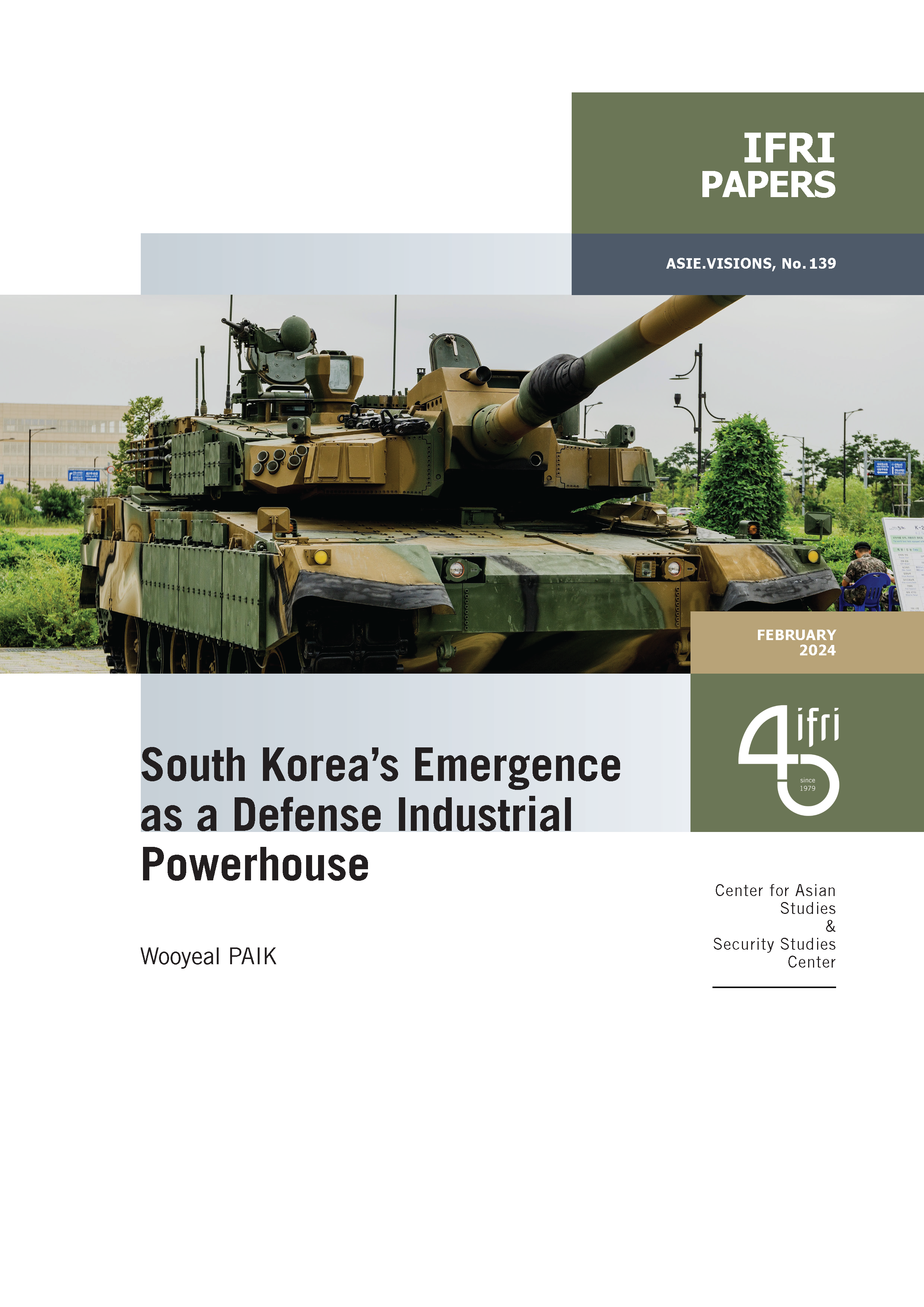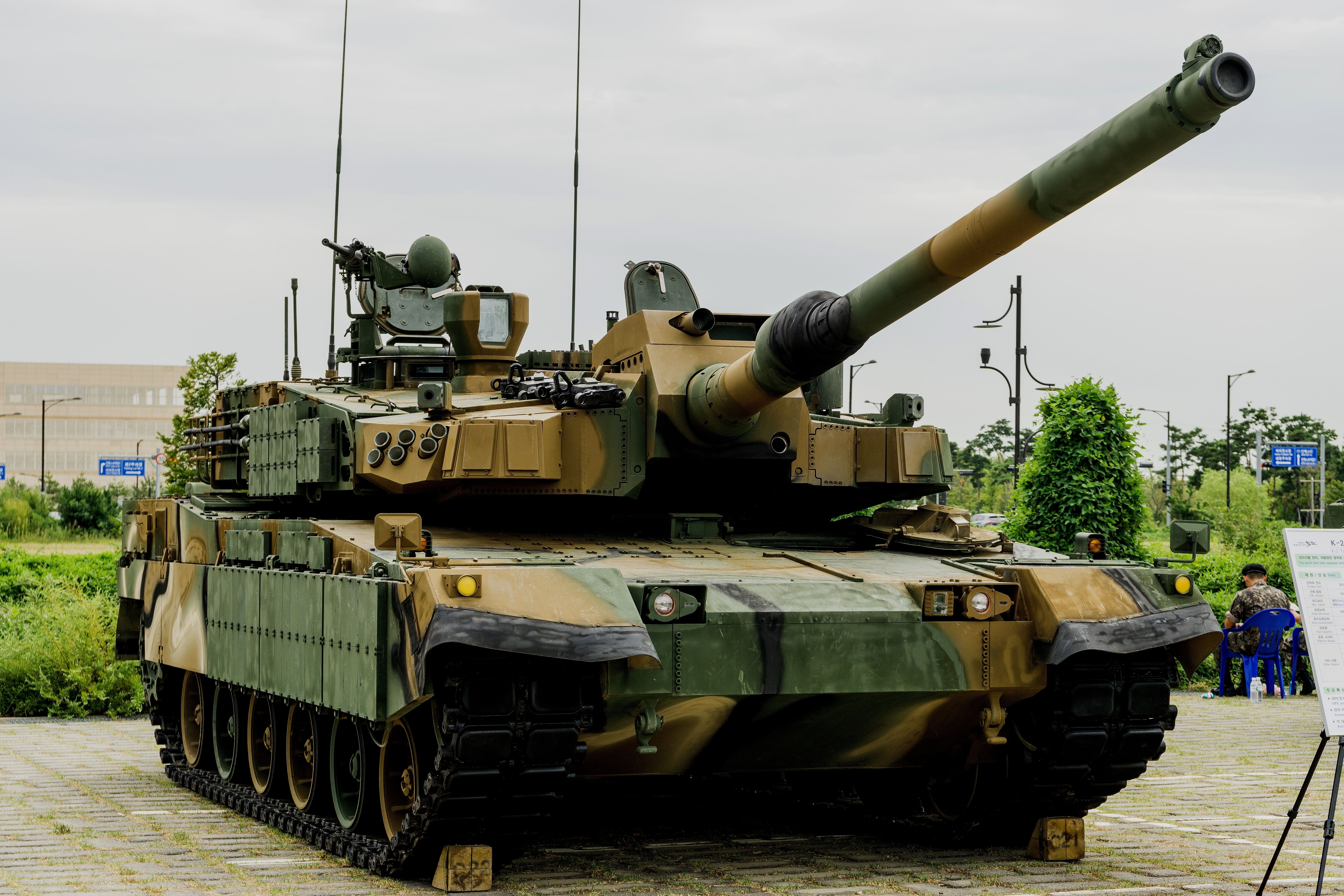South Korea’s Emergence as a Defense Industrial Powerhouse

In recent years, South Korea’s ascent in the global arms market has been remarkable. This surge, particularly amid a shifting geopolitical landscape and the ongoing Ukraine-Russia War, has captured the attention of security watchers worldwide.

This paper delves into the intricacies of the South Korean defense industry’s rapid emergence, wherein arms sales skyrocketed to 17.3 billion USD in 2022, and provides an in-depth analysis of its portfolio, capacity, and the rationales guiding its development over the last five decades. It explores how South Korea has capitalized on critical opportunities, including overcoming steep barriers to entry to major contracts with Central and Eastern European countries, especially Poland. It sheds light on South Korea’s competitive technologies, mass production capacity, and cost-effectiveness, and addresses the crucial role played by the government’s diplomatic support and coordination with key allies and partners. Against that backdrop, it concludes with some implications for the global defense industry and security architecture.
Download the full analysis
This page contains only a summary of our work. If you would like to have access to all the information from our research on the subject, you can download the full version in PDF format.
South Korea’s Emergence as a Defense Industrial Powerhouse
Related centers and programs
Discover our other research centers and programsFind out more
Discover all our analysesJapan’s Takaichi Landslide: A New Face of Power
Prime Minister Sanae Takaichi has turned her exceptional popularity into a historic political victory. The snap elections of February 8 delivered an overwhelming majority for the Liberal Democratic Party (LDP), driven by strong support from young voters, drawn to her iconoclastic and dynamic image, and from conservative voters reassured by her vision of national assertiveness. This popularity lays the foundation for an ambitious strategy on both the domestic and international fronts.
The U.S. Policy Toward Taiwan Beyond Donald Trump: Mapping the American Stakeholders of U.S.-Taiwan Relations
Donald Trump’s return to the White House reintroduced acute uncertainty into the security commitment of the United States (U.S.) to Taiwan. Unlike President Joe Biden, who repeatedly stated the determination to defend Taiwan, President Trump refrains from commenting on the hypothetical U.S. response in the context of a cross-Strait crisis.

China’s Strategy Toward Pacific Island countries: Countering Taiwan and Western Influence
Over the past decade, China has deployed a diplomatic strategy toward the Pacific Island Countries (PICs). This strategy pursues two main objectives: countering Taiwan's diplomatic influence in the region and countering the influence of liberal democracies in what Beijing refers to as the "Global South."

Opening up the G7 to South Korea to Address Contemporary Global Challenges
The G7’s global influence has diminished as powers like China reshape international governance through initiatives such as BRICS and the Shanghai Cooperation Organisation (SCO). With the G7 now representing just 10 per cent of the world’s population and 28 per cent of global GDP, its relevance is increasingly questioned.









